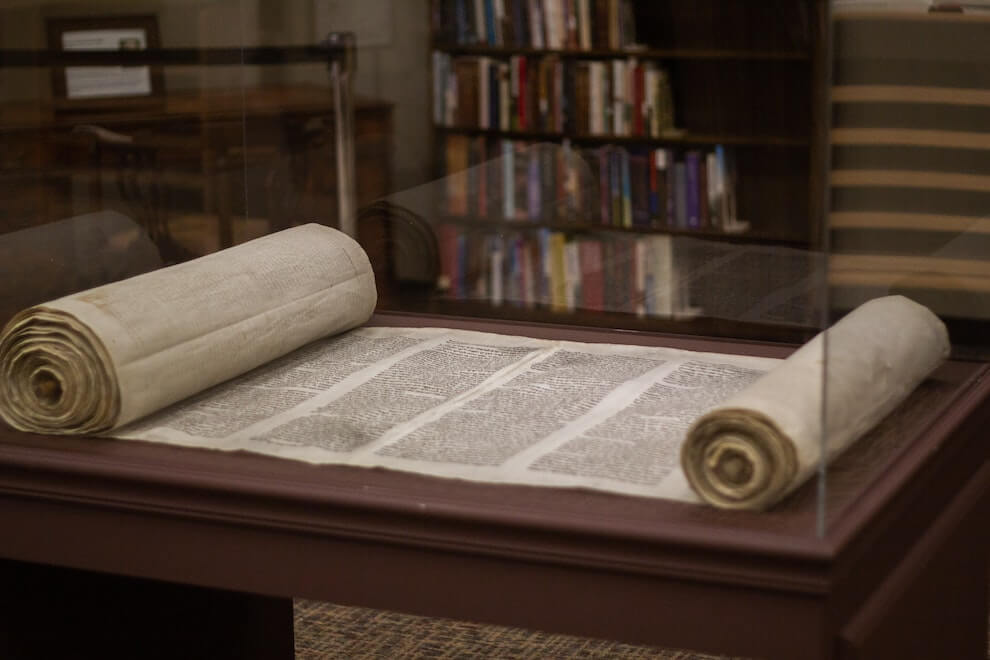Lost historical texts leave a gap in many historical stories that we may never know ever happened in many circumstances.
It is often said that history is written by the victors. Written history is a precious commodity that does not always surface. Even a victor’s voice on a certain subject, culture, or historical event would be useful. Alas, over many years some historical sources have been lost in the vacuum of the past.
Alexander the Great’s historian
Alexander the Great got his monicker by expanding his territories and building one of the largest empires in the ancient world. Getting to that point of conquest and expansion, Alexander grew up with the notion that he was of divine birth. His education was helmed by none other than Aristotle.
When it came time for Alexander to take up the sword and look east, Aristotle’s nephew, Callisthenes accompanied the king. Joining along on this military campaign, Callisthenes would document it. His writings are on the list of lost historical texts, and the man himself was executed for conspiracy.
However, Callisthenes’s work survived long enough to be quoted as direct or indirect sources for other retellings of Alexander’s feats, which have been preserved. Although it appears that the original material was not as clear as other scholars might have liked, Polybius, complained about Callisthenes’s poor descriptions of the battles.
The epic cycle’s lost historical texts
Conflicts and wars in Ancient times before and after Alexander the Great were habitual and often believed to be accompanied by the gods’ intervention. This kind of mentality sparked a slew of heroic veneration, that coalesced into legendary figures found in the old writings.
The famous Homeric epic poems of the Iliad and the Odyssey, stand as today’s window into ancient perceptions of gods and heroes, with the backdrop of Trojan Wars. The two poems go hand in hand, but as it turns out the story of the Greek’s conflict with the Trojans is not complete.
The epic cycle was a collection of epic poems from Greek antiquity. It comprised 8 such poems, including the two most famous Iliad and Odyssey. Everything besides the two Homeric poems is lost and we may never know the whole epic cycle.
Wars in the Carpathians
Moving further west from the Balkan region of the Greek civilization, into the future, the mighty Roman Empire was born. The Romans are famous for their military and engineering prowess, along with many other famous orators and scholars. They too were concerned with writing down their history so as to preserve victorious campaigns and the ever-growing expansion goals.
Thus it is no surprise that Julius Cesar himself wrote his accounts of the gallic wars. The writings were named De Bello Gallico. In the same vein as the first Roman emperor, so too did a future Roman emperor tried to emulate, after a great victory in the Carpathian region. Trajan had conquered the Dacian people in two subsequent wars and wrote about it in his De Bello Dacico, a work that was never found.
The Emperor presumably based his writing after Criton of Heraclea’s Getica, a historical text about the Daco-Getae, also lost.
Confucian Music Classic
Apart from historical events, other lost writings often include ones with cultural value. Important people from Antiquity were not constrained to the European continent and thus in Asia, more specifically China, the famous philosopher, and politician, Confucius comes to the forefront. He is most known for having written or edited many of the Chinese classic texts. His involvement is not decidedly known but the system of thought based on the Classics is named after him.
There are a total of five classics, containing poems, folk songs, documents, speeches of rulers, ancient rites, social forms, court ceremonies, divination systems, and historical records of the state of Lu. The Classic of Music is the missing piece, frequently referred to as the Sixth Classic. It is believed to have been an important traditional interpretation of the Book of Songs but has been lost.
Maya codices
A different civilization, far across the ocean on the American Continent used bark as paper to write on. Those writings came to be known as the Mayan Codices, and they recorded their history.
Very few of these bark paper writings have survived the conquistadors’ expansion ambitions as they came and destroyed this great civilization. Many things got destroyed in the name of religion. So too were the Mayan Codices, as Catholic priests wanted to affirm Christian superiority.
They believed that by burning the Mayan writings they would crumple their religious beliefs along with the texts. Bartolome de las Casas, a Dominican friar bemoaned the loss of the important texts. He, perhaps recognized the cultural value lost along with them.



Leave a Comment